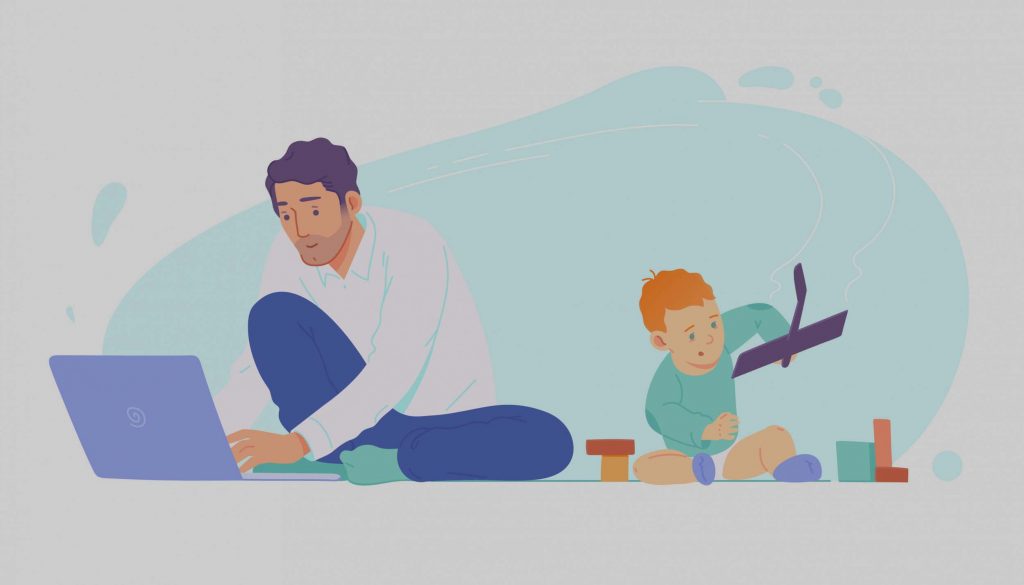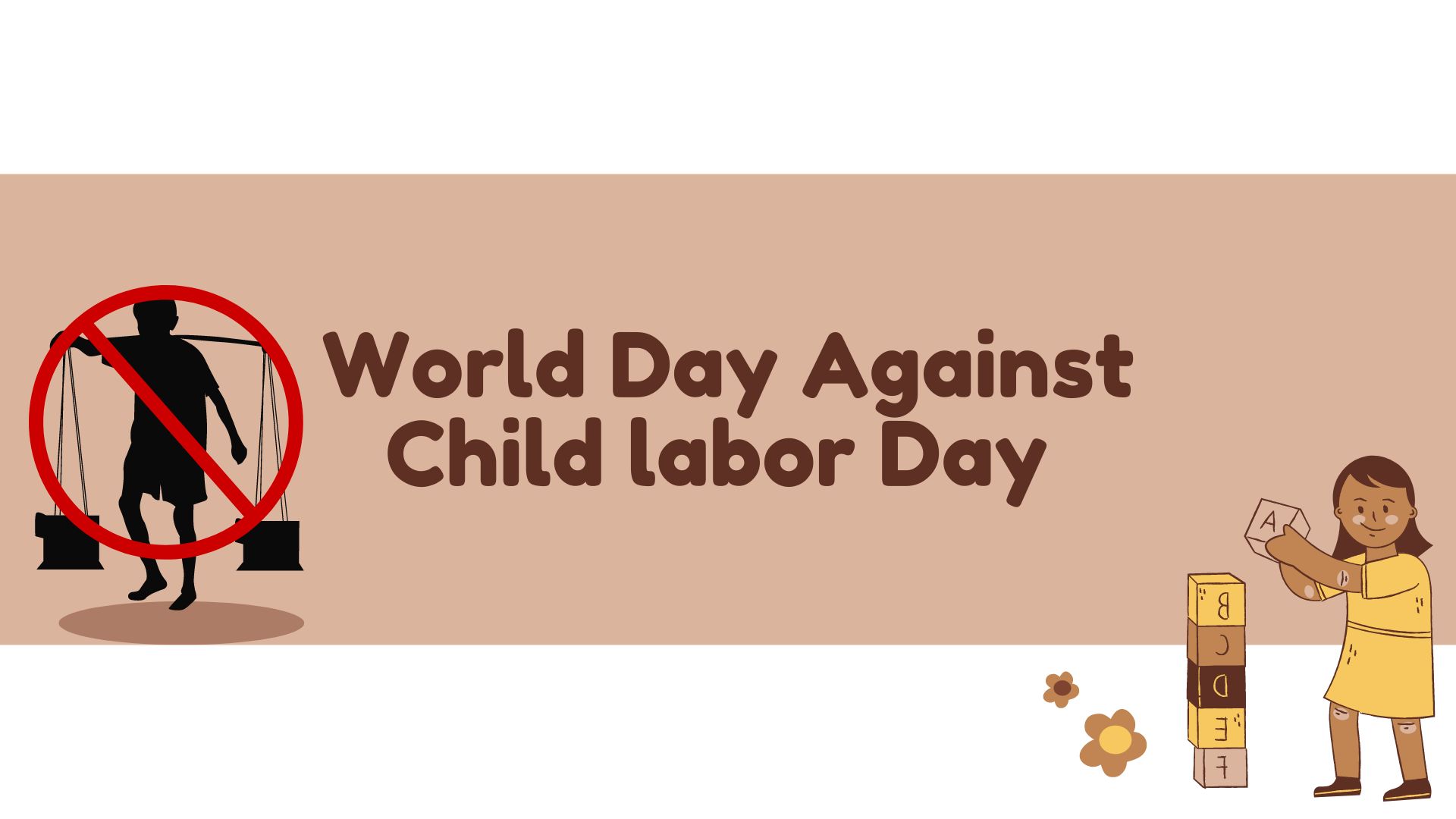Families have been at the core of every society, and the recent pandemic has strengthened the role of the family in ensuring an individual’s well-being.
We, as social actors, have different roles and responsibilities. I am writing this piece as an employee of the organisation while my husband is in the other room registering my in-laws for the vaccination and making me contemplate when and how should my parents get vaccinated. In this one sentence, I have identified myself as an employee, a wife, a daughter in law, and a daughter. I have other roles as well, like all of us. We take on multiple roles, each with its own set of responsibilities.
I may be able to meet responsibilities of different roles which is only possible with support from different institutions including family. My professional life allows me to have a family life and vice-versa. Being a part of an organisation that values family and your role in it is truly satisfying and motivating. In the COVID-19 times, which was particularly difficult for everybody, companies worldwide have realised the importance of employee’s well-being of which work-life balance is an integral part. It is also a good business sense to design family-friendly workplaces. There are examplesindicatingthat the organisations that were more employee-friendly were able to resume their operations faster and showed resiliency in the time of crisis. Such organisations were able to cushion the impact of COVID-19; being employee friendly is directly related to organisation’s productivity.
What can organisations do?
Family-friendly workplaces can go a long way in making themselves sustainable. Being family-friendly can include many interventions ranging from infrastructural support to healthcare support. Flexible working hours and work from home options can enable employees to plan and work better. Having a breastfeeding room for lactating mothers and a functional creche at the workplace can support mothers and retain them in the workforce. Medical insurance for dependents can help ease the financial burden on employees. Cash benefits and educational support for the employee’s children can help children reach their full potential. Adequate leaves that include paid maternity and paternity leave for childcare can help employees take on family responsibilities without feeling guilty.
It cannot be only left to organisations to implement family-friendly policies. The role of government through policies and social security and welfare schemesis also essential. Civil society can help in creating and spreading awareness. The leadership of the organisation has the responsibility to make employees feel valued by creating a conducive work environment and culture. It is for individuals to be conscious and manage our time and resources in a way that allows personal as well as institutional growth. There is no single framework that can fit all; every organisation and employees would have different needs. It would be crucial to understand the context and design policies and interventions that can best cater the demand of employees and can fit the dynamic workplaces.













































































































